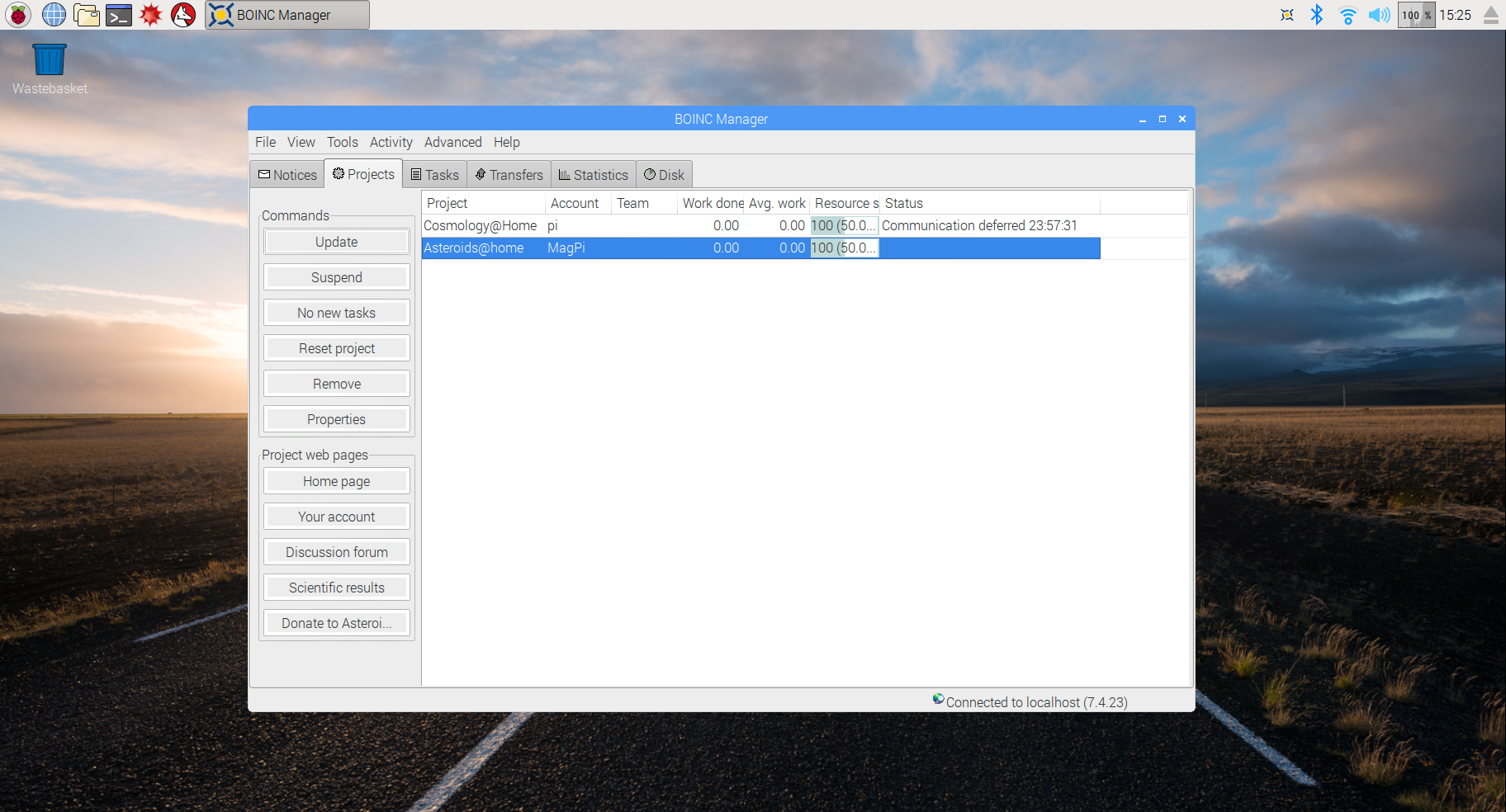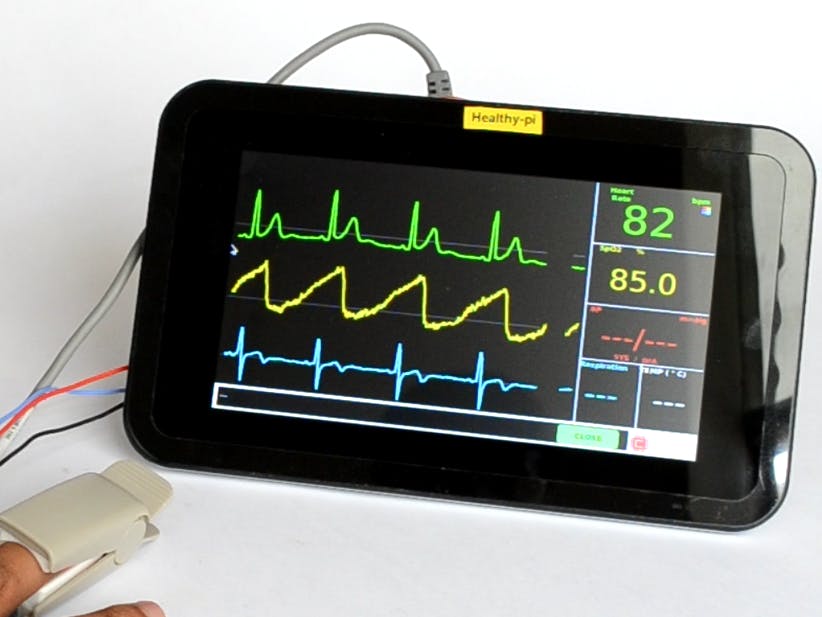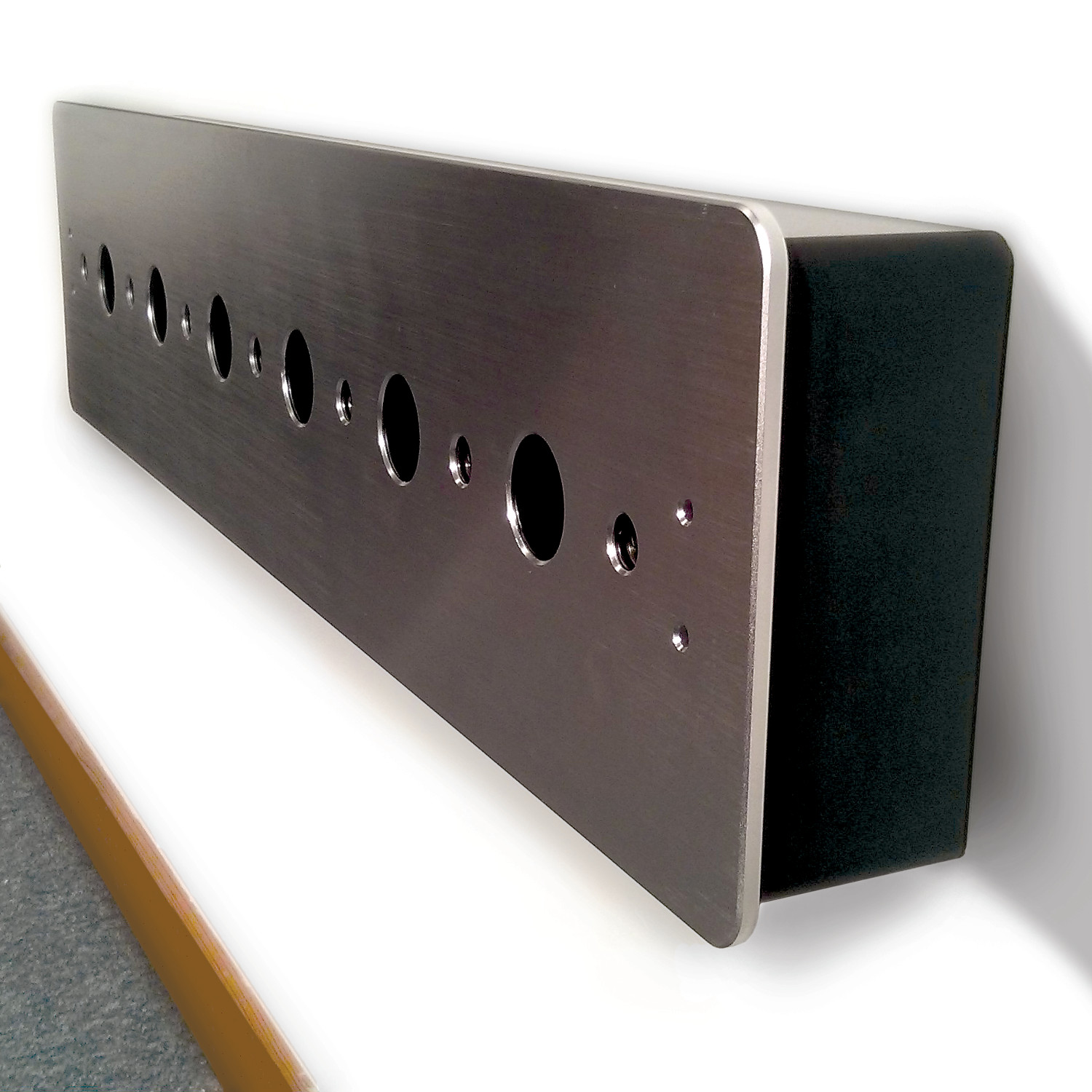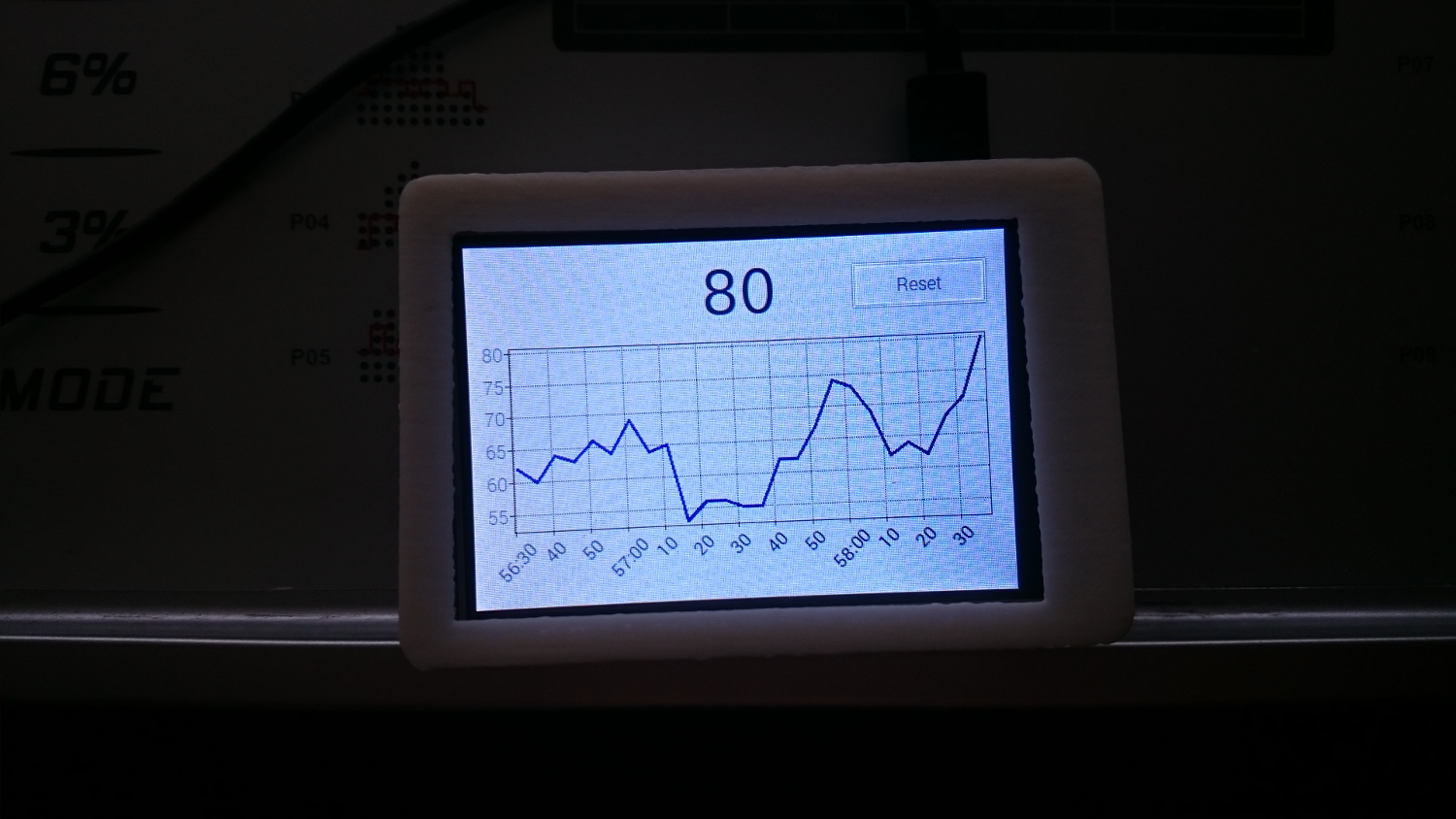10 amazing Raspberry Pi health projects
By Rob Zwetsloot. Posted

Get a clean bill of health with these Raspberry Pi projects
Advertisement
Introducing the smarter desktop: use cloud apps, thin clients, and get real work done on a Raspberry Pi. Also in the magazine we’re building a digital jukebox, controlling a robot arm, storing…
One of the things we love to see is amazing medical and health applications of the Raspberry Pi. In our experience, they’re usually some of the most impressive displays that we see at Maker Faires, Coolest Projects, and other events where folks are showing off amazing projects. Here are ten of the best to inspire you.
This article first appeared in The MagPi 82 and was written by Rob Zwetsloot
BOINC

Lending spare CPU cycles to help cure diseases? Not as crazy as you might think: BOINC has been around for ages, and uses your idle CPU to help fold proteins or solve equations that can one day result in cures and treatments.
Website: BOINC
Patient monitor

This project uses the HealthyPi, a HAT for the Raspberry Pi that is specifically for medical applications. With it, you can create a full ECG which can measure heart rate, SpO2, respiration, temperature, and blood pressure.
Website: Build guide on Hackster
Heartfelt

Preventative care can save the NHS a lot of money, and the Heartfelt monitor is able to detect the symptoms of an oncoming cardiovascular event from the feet of at-risk patients. When an issue is detected, a carer is notified, and a quick doctor’s visit and medicine will mean the patient avoids a trip to the hospital.
Website: Heartfelt Technologies
LiV Pi

Air quality is a big deal in Hong Kong, and this Pi-compatible device lets you know just how clean your air is. It’s aimed towards businesses, but it’s also very useful at home if you’re living in the big city and have concerns over air pollution.
Website: Liv Pi
MRI analysis

A very early but excellent Pi project, where a research scientist turned his Pi into an MRI analysis computer. The key trick to getting this to work was hardware-accelerated calculations, as it wouldn’t be as well optimised in software.
website: Knight Errant of Science
Artificial Pi Pancreas

A DIY solution to a normal continuous glucose monitor (CGM) that helped Dana Lewis perfectly control her insulin injections thanks to a bit of machine learning. The Pi itself controls the insulin pump using the data from the CGM.
Website: DIYPS
Gastric cancer screening device

Not every part of medicine is glamorous. However, like this screening device, it can still save lives. The idea is that it’s very cheap and can be used in poor countries where the incidence of gastric adenocarcinoma is high.
Website: Raspberry Pi Projects
Heartbeat monitor

This project pairs the Pi with Bluetooth heartbeat sensors that are popular with gym equipment, enabling you to get more useful stats from a workout than your usual treadmill display. Daniel here has made data analysis very flexible with the code.
Website: GitHub repo
Open-source syringe pump

A usually expensive piece of equipment that allows for timed, precise doses of drugs or chemicals from a syringe – whether for a patient with an IV, or a scientist running a long-term experiment. This version, powered by a Pi, is much cheaper.
Website: Arropedia
NuGenius

This is an incredibly fancy piece of medical tech – a DNA imager that uses a Raspberry Pi. It’s quick, has modern tech conveniences such as a touchscreen, and is an
all-in-one device.
Website: Syngene

Rob is amazing. He’s also the Features Editor of Raspberry Pi Official Magazine, a hobbyist maker, cosplayer, comic book writer, and extremely modest.
Subscribe to Raspberry Pi Official Magazine
Save up to 37% off the cover price and get a FREE Raspberry Pi Pico 2 W with a subscription to Raspberry Pi Official Magazine.
More articles

Network mapper
It’s not as efficient as reading a table of figures, but we love this display anyway.
Read more →

Raspberry Pi camera tripod mount review
The easy way to mount a Raspberry Pi Camera Module.
Read more →

Cassette MagSafe stand
This is one of those builds that straddles the line between silly and brilliant.
Read more →
Sign up to the newsletter
Get every issue delivered directly to your inbox and keep up to date with the latest news, offers, events, and more.
